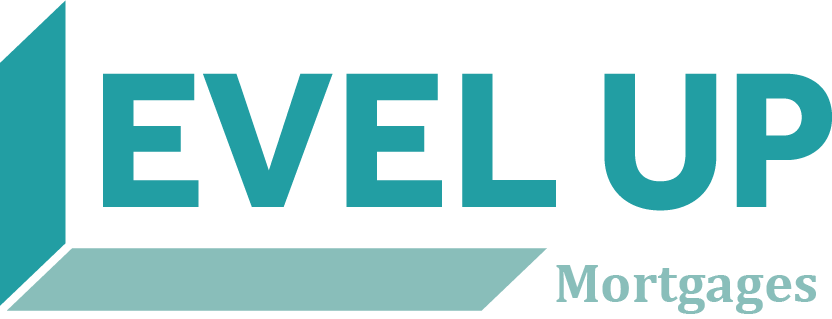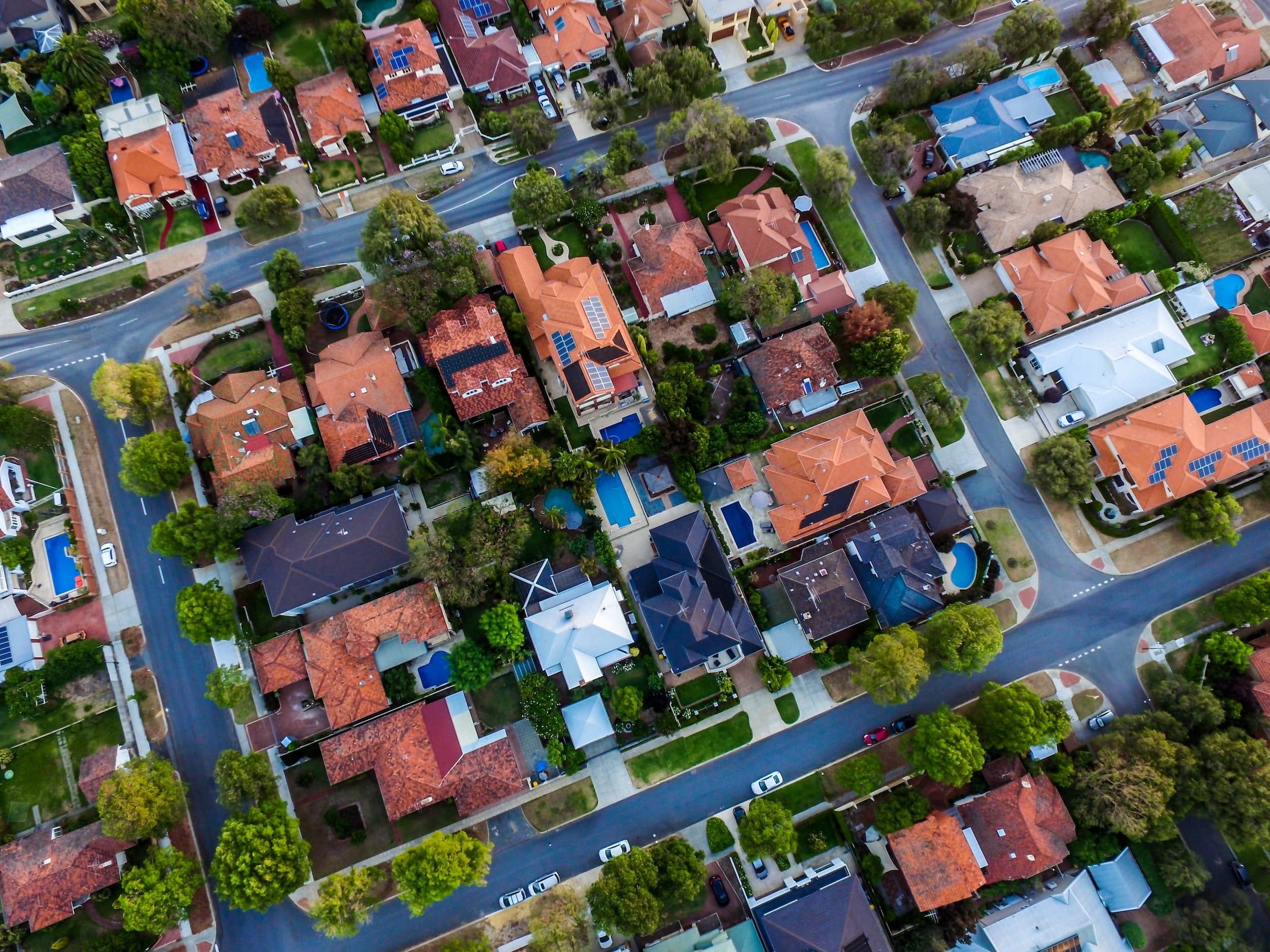What Non-Residents Should know about Getting Mortgages in Canada
Can foreigners buy real estate in Canada?
Yes, absolutely!
The Canadian real estate market is available to everyone residing beyond the country's boundaries, including Canadian citizens and non-citizens. This includes expats, investors, and anybody from overseas who plans to live in the country long-term.
Furthermore, there are no limits on the type or amount of property that can be purchased in Canada. If you are a non-resident acquiring real estate in Canada, there are several options to enter into an investment property. You may have a lot of questions about real estate, but you've come to the right place.
Who Is Considered a Non-Resident in Canada?
Not sure if you qualify as a non-resident? The following is how Canadian law classifies persons who are not Canadian residents:
Anyone who resides in another country on a regular, regular, or customary basis and is not a resident of Canada.
A person with no substantial residence links in Canada has either resided outside the nation for the whole tax year or has spent fewer than 183 days in it.
What Paperwork Must Non-Residents Present To Obtain a Mortgage in Canada?
Documentation is required as a non-resident to qualify for a mortgage in Canada. This includes the following:
Income proof (employment contract, tax returns and pay slips)
Bank statements as proof of deposit (dating back 90 days)
A reference letter from a bank outside of Canada
Six months of financial statements or an international credit bureau report
A Canadian bank account from which mortgage payments can be made.
What Are the Taxes Involved in My Canadian Purchase?
Simply said, everything is circumstantial. The amount of tax you must pay as a non-resident varies depending on where you live in Canada. If you buy a residence in the "Greater Golden Horseshoe Region," you will have to pay non-resident speculation tax.
The Greater Golden Horseshoe Region (GGH) is a collection of geographical locations and cities in southern Ontario that form a horseshoe-like shape on a map. The GGH area includes cities such as Orillia, Hamilton, and Toronto. A short online search of your desired property location will reveal whether it is included in this.
People living outside the GGH may be subject to a non-resident investment tax, which the province of Quebec has yet to enact. The government of Ontario implemented the non-resident speculation tax, which means that beginning in April 2017, you will be liable to a tax of between 15-20% on your purchase if you are not a permanent resident or citizen.
What Is the Cost of Buying a House in Canada?
The cost of a house in Canada is determined by numerous factors, including location, type of residence, and many more.
The Canadian Real Estate Association estimates that the national average house price in September 2020 will be about $605,000. This increased by more than 17 percent year on year. Over the previous five years, there has been a similar upward tendency.
In addition to the cost of the property, there are several extra fees and taxes to consider when purchasing a home in Canada:
Non-resident speculation tax
Transfer tax on real estate (at both the provincial and municipal levels)
New construction is subject to additional taxes.
Mortgage insurance is subject to sales tax.
Any applicable interest fees
THE BOTTOM LINE
The Canadian property market is a large and competitive marketplace, which is why people from other countries buy Canadian property. There are many reasons why: Some want a holiday home, others want a safe haven for their retirement savings, and a large proportion simply want to get into the market for investment.
Despite what most people think, buying Canadian property is possible for non-residents. However, it is best to do your research to find out if any taxes apply to you to avoid any unpleasant surprises later down the line.
Do you want to learn more about mortgage financing in Canada? Level Up Mortgages supports homebuyers and homeowners in attaining success in their mortgage journey with mortgage strategy, digital mortgage education, and introductions to all the other experts you need to succeed in home buying and your personal finance. To assist homebuyers and homeowners in purchasing or refinancing new homes, we work with premier banks and best-rate mortgage lenders in British Columbia and Ontario. Get in touch with us today!

